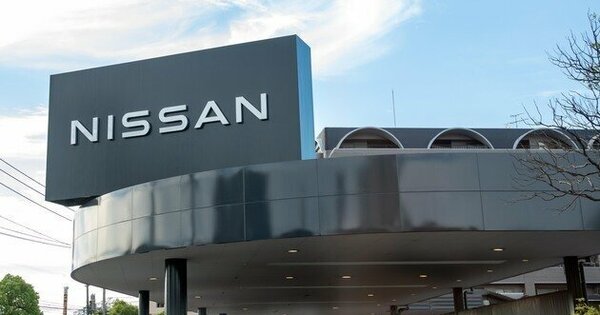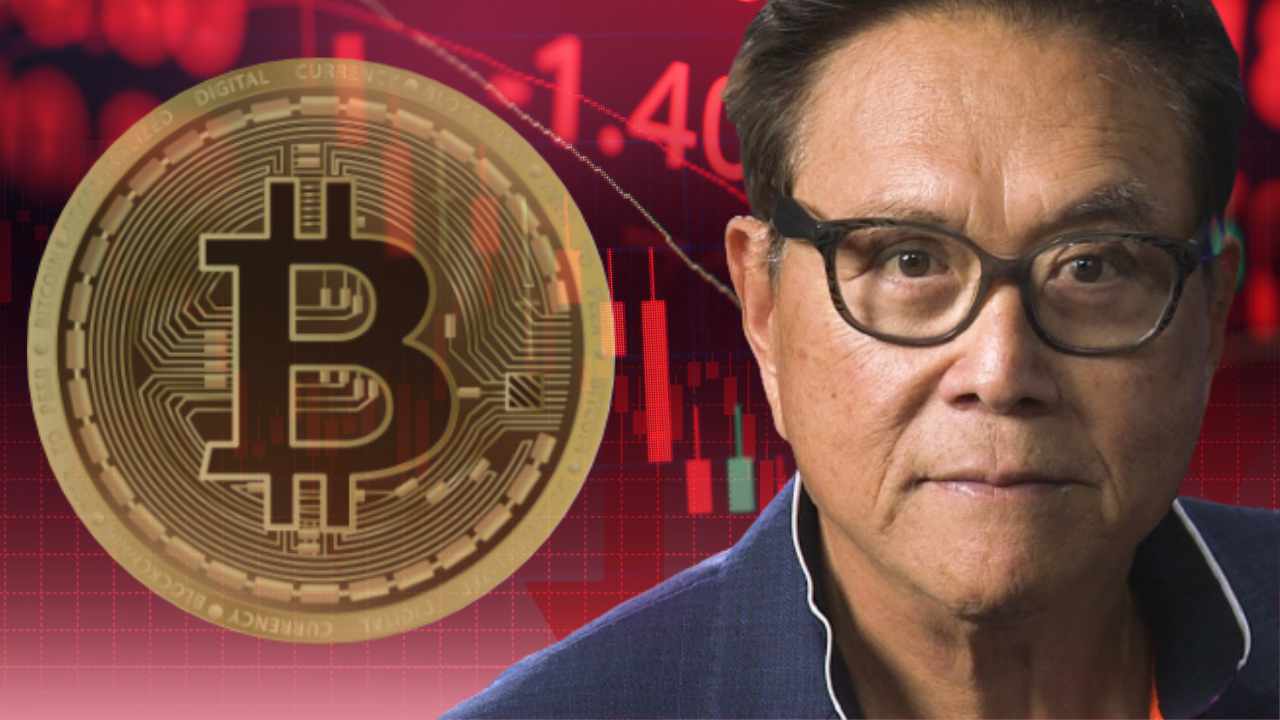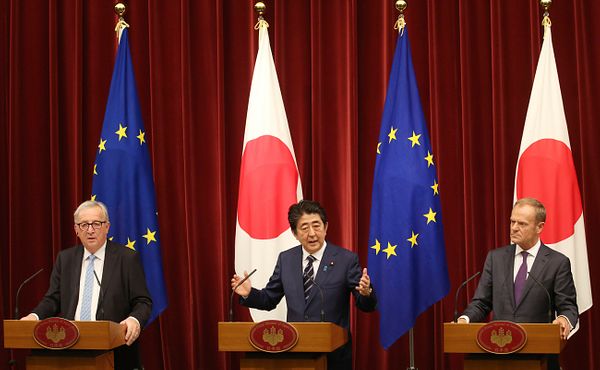U.S. President Joe Biden on Tuesday vowed to stand against Russia’s invasion of Ukraine that has shattered the post-Cold War peace in Europe, with his first State of the Union address suggesting Russia is emerging as an urgent challenge as China takes a backseat.
“Throughout our history we’ve learned this lesson: when dictators do not pay a price for their aggression, they cause more chaos,” Biden said during the speech, which took place less than a week after Russia launched its attack on the former Soviet republic.

U.S. President Joe Biden delivers the State of the Union address as Vice President Kamala Harris (L) and House Speaker Nancy Pelosi (D-CA) look on during a joint session of Congress in the U.S. Capitol House Chamber on March 1, 2022 in Washington. (Pool/Getty/Kyodo)
He said that Russian President Vladimir Putin was “wrong” to think that Western nations would not respond to his aggression and could be divided, stressing that the United States and its allies have been “ready” and united to confront the crisis.
“When the history of this era is written, Putin’s war on Ukraine will have left Russia weaker, and the rest of the world stronger,” he said.
The key yearly speech from the president to Congress came at a time when Biden’s popularity remains sluggish and his Democratic Party’s prospects in the November midterm elections appear bleak, with challenges arising both at home and abroad, including addressing rising inflation that is hitting households.
Biden’s one-hour address started off by showing strong U.S. support for Ukraine and how the “free world,” including countries in Europe as well as Japan, South Korea and Australia, are holding Putin accountable through economic sanctions meant to inflict pain on Russia and cut it off from the global financial system.
Russia launched its military action against Ukraine last Thursday after asserting its own security has been threatened by the North Atlantic Treaty Organization’s eastward expansion and the possibility of Ukraine joining the alliance.
Biden reiterated his stance that Putin’s attack was “totally unprovoked” and warned that, “While he may make gains on the battlefield, he’ll pay a continuing high price over the long run.”
He also announced that the United States will close off its airspace to all Russian flights to further isolate Moscow, joining some European countries in doing so.
With fears lingering that Russia may seek to push beyond Ukraine, Biden maintained that he has no intention to send U.S. troops to fight in Ukraine but the United States is committed to defending “every inch” of the territories of its NATO allies, including the Baltic states.
The development of the Ukraine crisis is seen as having broader implications beyond Europe, particularly in the Indo-Pacific region that is facing China’s increasing military assertiveness, including toward Taiwan, a self-ruled island Beijing views as its own.
Biden said democracies are “rising to the moment” in the battle between democracy and autocracy, a reference to countries such as Russia and China, but added that the fight is “going to take time.”
The administration has singled out China as the “only competitor” potentially able to mount a sustained challenge to a stable and open international system, but Biden only mentioned China in the context of pitching his domestic legislative agendas, such as a massive infrastructure investment bill.
The bill would put the United States “on a path to win the economic competition of the 21st century” with the rest of the world, particularly China, Biden said.
He also called for the need to level the playing field with the world’s second-largest economy accused of unfair economic practices, such as by making record investments in emerging technologies and manufacturing in the United States.
Biden did not mention North Korea at all during the speech, even as the country has recently been carrying out a series of ballistic missile tests.
On the domestic front, Biden said he plans to beef up domestic manufacturing of cars and semiconductors in a bid to drive down costs, which he says will help tackle inflation.
“Instead of relying on foreign supply chains, let’s make it in America,” he said.
He also touted the progress seen toward bringing the coronavirus pandemic under control amid the continuing rollout of COVID-19 vaccines and the receding wave of the highly contagious Omicron variant.
Noting the recent public health authorities’ decision to ease mask guidelines, Biden said COVID-19 will no longer control people’s lives but that the government will continue to prepare for new variants and continue offering vaccines to other countries.
Biden, who was sworn in in January 2021, addressed a joint session of Congress in April that year. But it was not an official State of the Union address, which is considered one of the most important speeches by a U.S. president.
Related coverage:
Japan, U.S. finance ministers agree to work closely over Russia
Japan, U.S., EU to aid refugees after Russia’s invasion of Ukraine
U.S., EU to exclude some Russian banks from key int’l payment system






















